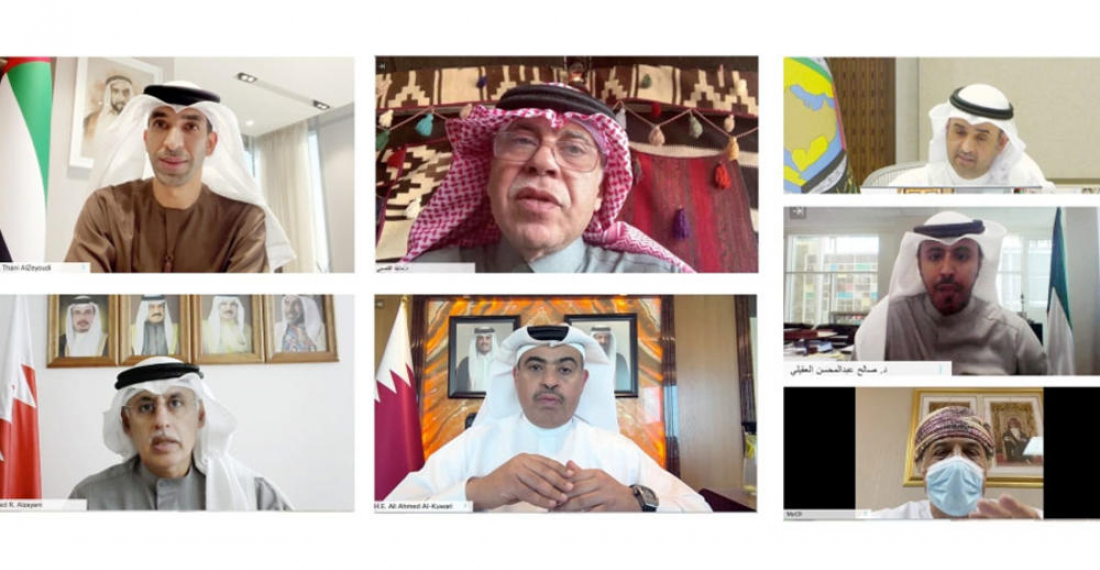Dr. Thani bin Ahmed Al-Zeyoudi, the Emirati Minister of State for Foreign Trade, affirmed the UAE’s willingness to support joint Gulf action in various priority economic issues. The UAE is keen to raise the level of cooperation and coordination via several mechanisms to promote economic, commercial and investment integration in the Gulf region.
The announcement by the Emirati minister came during an extraordinary meeting of the Trade Cooperation Council of the Gulf Co-operation Council (GCC), with the participation of trade ministers and the presence of Dr. Nayef Al-Hajraf, Secretary-General of the Council. The meeting is a continuation of positive and cooperative sentiments expressed during the latest GCC summit.
Some of the expected changes include an amended consumer protection system, the adoption of the amended patent system, and continuing to support and encourage small and medium enterprises and institutions.
Al-Zeyoudi added: “The last meeting of the GCC leaders at the Al-Ula summit witnessed the issuance of a set of decisions and recommendations aimed at strengthening Gulf cooperation and integration in many areas and sectors of priority for the GCC countries, especially the areas related to the consumer protection system and the new law in this regard. Developing the Gulf intellectual property environment, through amendments to the unified patent law, setting clear frameworks for cooperation in support of entrepreneurship at the Gulf level, and encouraging the activities of emerging, small and medium companies in the GCC countries.
Al-Zeyoudi emphasized that these important ideas discussed by the committee would create new paths for partnership and economic integration among the GCC states, and support their plans and strategies for the transformation towards diversified and sustainable economies based on knowledge, innovation and high productivity.







